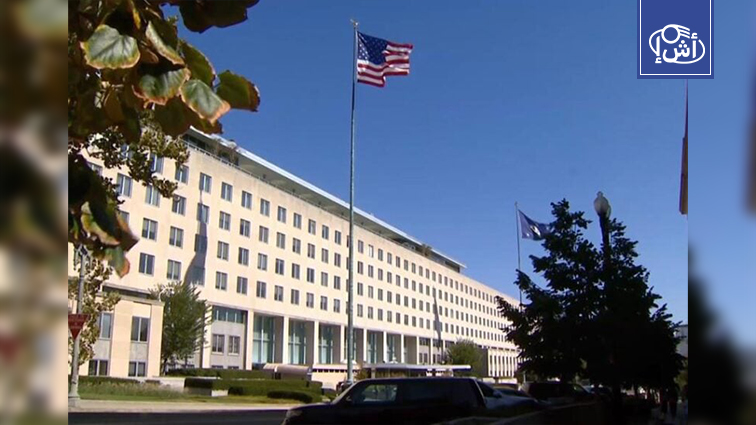In its 2024 annual report on the investment climate, the US State Department highlighted several obstacles hindering foreign investment in Libya.
The report highlighted that government division, the threat of armed groups, corruption, and bureaucracy are among the most prominent challenges facing the country, despite its great potential.
The report indicated a significant decline in net foreign direct investment in Libya from $2.7 billion in 2010 to $50 million in 2022.
The report noted that the oil and gas and infrastructure sectors are the most attractive to investment in the country, but structural problems hinder the development of these investments.
The report noted the main challenges facing Libya, as the political conflict is still ongoing in the country, which has led to the formation of two competing governments, one in the west and the other in the east, and this division impedes administrative and investment operations in Libya.
In addition to the political division, there is a lack of security and stability in Libya due to the activity of armed groups, which pose a great danger to local and foreign investors, and corruption is widespread at all levels of the Libyan administration, which leads to delays in procedures and exacerbates the challenges facing investors, according to the report.
The US State Department described the Libyan bureaucracy as among the most ambiguous and difficult in the Middle East and North Africa region. Libya lacks a clear legal and regulatory framework to promote foreign direct investment, and current laws are often incomprehensible and opaque.
The Central Bank of Libya imposes severe restrictions on the transfer of foreign currencies, making it difficult for Libyans to invest abroad and limiting the ability of foreign investors to enter the Libyan market.
The report confirmed that despite all these challenges, Libya has enormous potential for domestic and foreign investment, as it has the largest proven oil reserve in Africa and the fifth largest natural gas reserve, and hydrocarbon exports contribute about 97% of government revenues, and Libya produces about 1.2 million barrels per day of oil. Oil.
The report explained that the current situation in Libya requires intensive efforts to achieve political and security stability and improve the investment environment.
Russia continues to support Libya… new aid to develop the health sector
